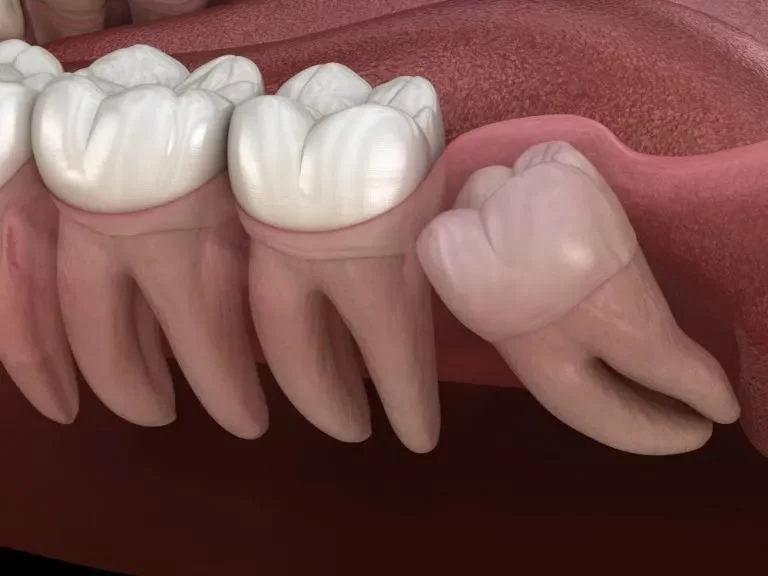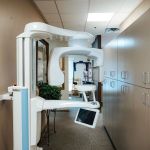
Wisdom Teeth Removal Recovery Time: What You Need to Know for a Smooth Recovery
- 1. Understanding Wisdom Teeth Removal
- 2. The Wisdom Teeth Recovery Process
- 3. Managing Pain and Swelling After Surgery
- 4. How Long Does Wisdom Teeth Recovery Take?
- 5. Tips for Accelerating the Healing Process
- 6. When to Contact Your Dentist During Recovery







 Great Smiles Dental Care4.0 (472 review)
Great Smiles Dental Care4.0 (472 review) Genesis Dental of Taylorsville4.0 (842 review)
Genesis Dental of Taylorsville4.0 (842 review) Downtown Dental Center4.0 (114 review)
Downtown Dental Center4.0 (114 review) Advanced Dental Implant Center "Comfort Dental"4.0 (201 review)
Advanced Dental Implant Center "Comfort Dental"4.0 (201 review) Hall Orthodontics5.0 (150 review)
Hall Orthodontics5.0 (150 review) Bright Now! Dental & Orthodontics3.0 (453 review)
Bright Now! Dental & Orthodontics3.0 (453 review) The Importance of Oral Health Education During Pregnancy for a Healthy Pregnancy
The Importance of Oral Health Education During Pregnancy for a Healthy Pregnancy Best Tips for Brushing Your Teeth Properly for Healthy Gums: Essential Techniques for Oral Health
Best Tips for Brushing Your Teeth Properly for Healthy Gums: Essential Techniques for Oral Health Why Skipping Dental Checkups Can Lead to Bigger Oral Health Problems
Why Skipping Dental Checkups Can Lead to Bigger Oral Health Problems Advantages of Porcelain Dental Restorations
Advantages of Porcelain Dental Restorations How Can Diabetes Cause Tooth and Gum Problems? Preventing and Managing Oral Health Issues
How Can Diabetes Cause Tooth and Gum Problems? Preventing and Managing Oral Health Issues Healthy Habits for Promoting Good Oral Health and Hygiene: Tips for a Healthy Smile
Healthy Habits for Promoting Good Oral Health and Hygiene: Tips for a Healthy Smile